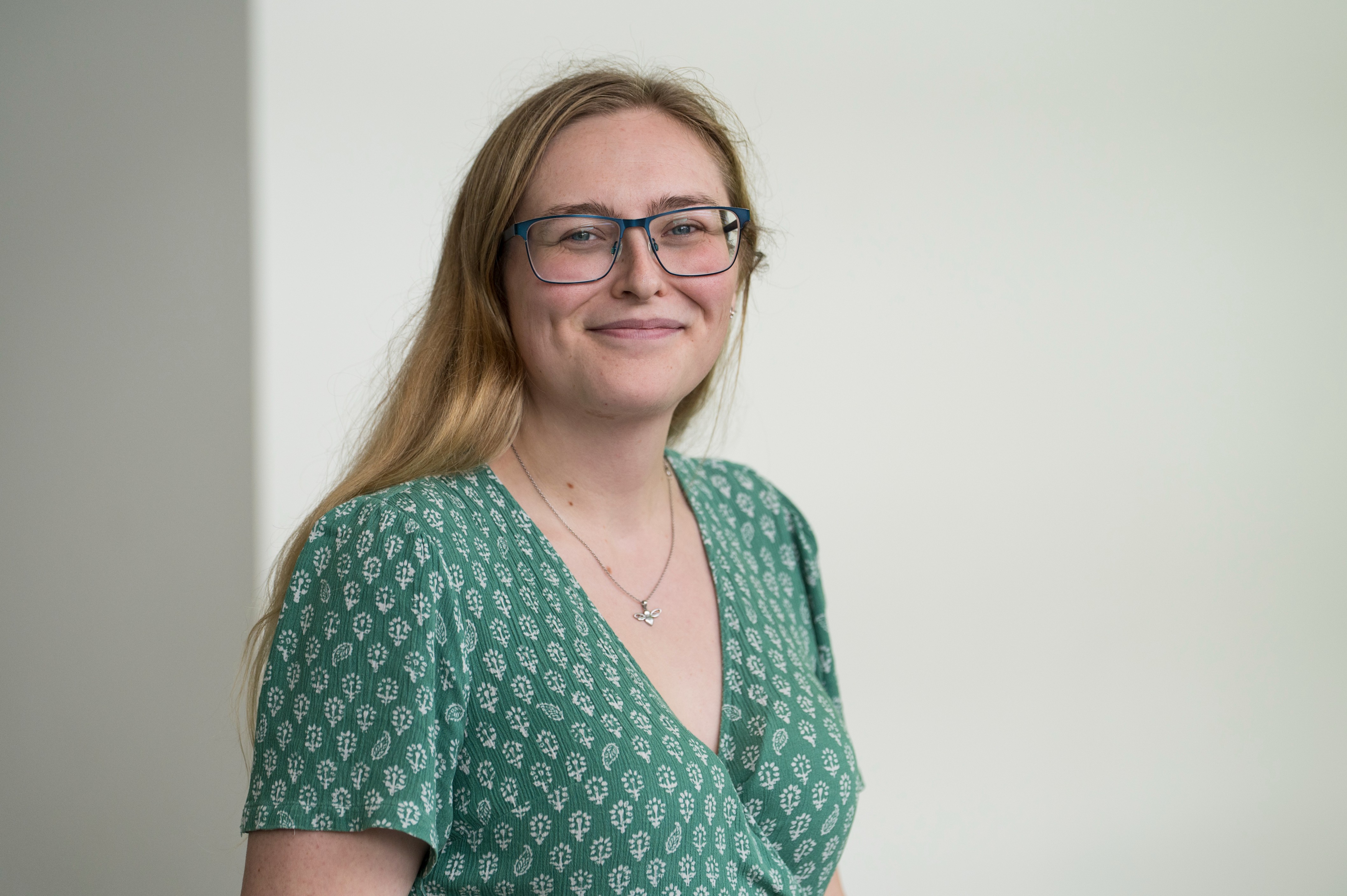
Handing in my PhD thesis was one of the best achievements in my life as it was the culmination of four years of hard work and some great experiences. Looking back over those 4 years, I have thought about what advice I would have liked to have received, and a main theme is the PhD application process. One thing I always get asked by prospective students is how to find a supervisor. Finding the correct supervisor is important as you will be collaborating with them for the next 3 or 4 years (longer if part-time).
Having the right supervisors has been vital in enabling me to succeed in my PhD. They have offered advice on writing and troubleshooting experiments and have also put me in contact with external collaborators without whom I couldn’t have completed some of my experiments. They have also been vital in supporting and motivating me when things inevitably went wrong. So here are my top tips for finding an approaching a PhD supervisor.
Make sure that you have a draft of your research proposal and a good CV
The proposal doesn’t have to be perfect at this stage as a good supervisor will offer advice, plus when you make your final application, the proposal needs to explain why the supervisors have been chosen. It should include an overview of your research question highlighting why the research should be carried out and how it will be performed. The proposal does need to have a lot of depth, and I would recommend no more than two or three pages at most. Get other people to look through both the proposal and your CV.
Look at the faculty pages on the University website
There is a full list of each of the faculties and the schools on the University website. Here you will find a list of all academics and the research in which they are involved. Look at what their most recent publications have been and what PhD projects they have supervised. This will help you understand if they would be a good fit for your project. If your research involves for than one area, contact supervisors from both research fields. My PhD is multidisciplinary, so I have a supervisor in both physics and microbiology.
Be professional in emails
When emailing a potential supervisor, make sure you use professional language and include your CV and the research proposal. You could also ask to arrange a virtual online meeting at a time that suits them, to discuss the proposal in more detail. Remember, a supervisor may not get back to you straight away, they have busy schedules which involve teaching, supervising other students and conducting their own research. If you don’t hear anything back, send a polite follow up email.
Be organised
You may find you need to contact several supervisors before finding one that has the expertise, interest, and time to supervise a PhD student. Therefore, it is important to keep track of who you have contacted. A straightforward way of doing this is to keep an up to date excel spreadsheet with potential supervisors, contact details, their research interests and data you contacted them. Organisation is an important skill during the PhD so this is good practice.
Persevere
Finally, don’t give up. I had applied for seven different PhDs before I started my PhD at Surrey and despite rejections, I just had to persevere. If you do get a rejection, ask for feedback. Even if a potential supervisor says they cannot take you as a student, see if they can offer any advice.
